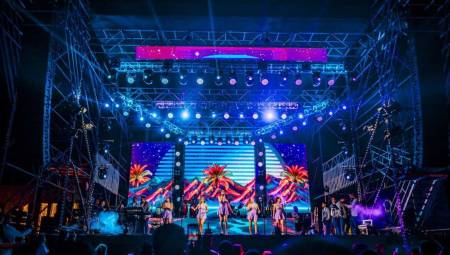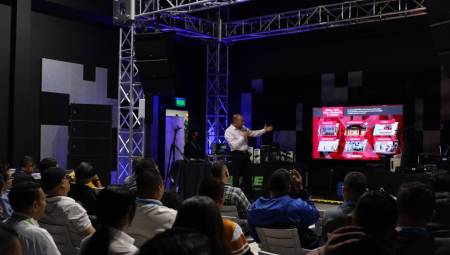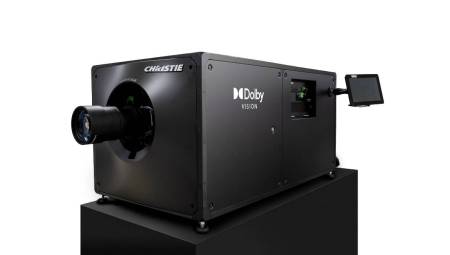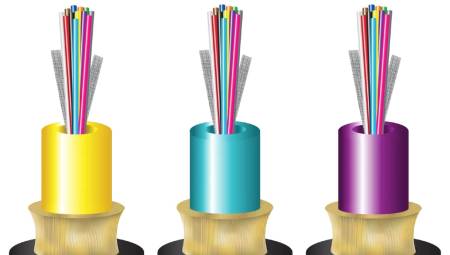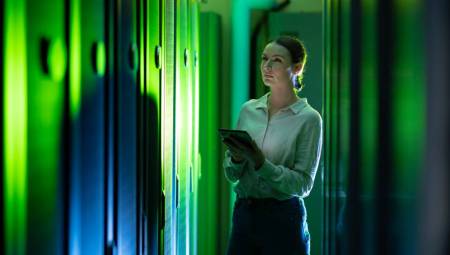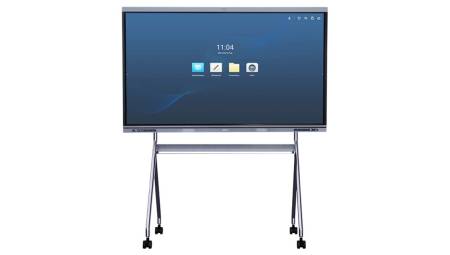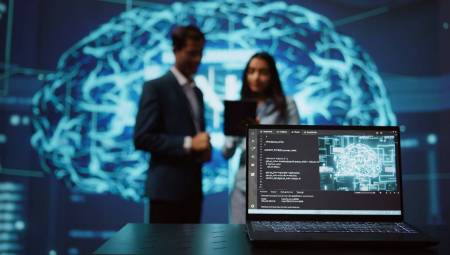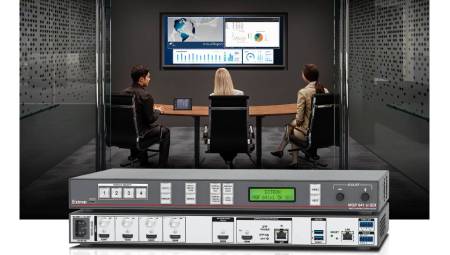 Latin America. The death of the PC has been predicted for years. Even renowned analysts of current technology such as Nicholas Carr came to put a date for its end: January 27, 2010, when Steve Jobs took to a stage in San Francisco to present the iPad.
Latin America. The death of the PC has been predicted for years. Even renowned analysts of current technology such as Nicholas Carr came to put a date for its end: January 27, 2010, when Steve Jobs took to a stage in San Francisco to present the iPad.
It seemed that the unstoppable advance of tablets and mobile devices would relegate the personal computer to a corner of the room without much use. But the reality is that the sector is in a better time than ever. According to International Data Corporation (IDC), total PC sales reached 302.6 million machines in 2020, 13.1% more than in 2019. And for this 2021 they are expected to rise even more: it is estimated that they will increase by 18%. According to experts, the pandemic has had a lot to do with the "resurrection" of the PC.
"Forced teleworking has brought to the forefront of daily life that the portable mobile devices (cell phones and tablets) with which we usually consume content are not designed for the work we have had to introduce in the domestic sphere," says Josep Jorba, professor of Computer Science, Multimedia and Telecommunication Studies at the Open University of Catalonia (UOC).
In any case, in his opinion, the PC had never died. We only relegated its use to the professional world in the office, while at home we replaced it with other devices with a basically unidirectional entertainment use: if we limit ourselves to entertainment (series and movies, music, video games ...), both Smart TVs and tablets, mobiles and consoles can take the place of the PC. The same goes for social networks, which when it comes to short interactions are the domain of mobile or tablet almost exclusively. However, in the professional field, the use of the PC is often essential.
"It has no comparison with other devices in computing capabilities and productive work performance. With cell phones we are very limited in input capabilities (movements and touches of fingers instead of keyboards and mouse) and output capabilities (how and where to save information, or what size of display we have on the screen)", explains the UOC professor, who clarifies that only some hybrid devices such as tablets with keyboards and mouse can be found on the market, chromebooks or laptops convertible into tablets that can combine the two areas of use, "although in some cases they are really expensive devices, such as PCs convertible into tablets and, in others, the benefits for some uses or professional areas are quite deficient".
The future of the PC
If teleworking continues to be part of our day to day, the PC awaits a long and prosperous life, in the opinion of experts. But, regardless of what happens in that area, possible future trends seem to continue to give prominence to the PC.
"In the short term, trends may increase for hybrid devices – laptop convertible into tablets – with more power, which meet and combine entertainment functions with medium productivity possibilities. In the medium or long term, we could expect changes of communication interface with the PC, if "the year of virtual reality" arrives and the PC can be used with this interface in some professional and entertainment areas. Or voice interfaces, either through more powerful assistants than the current ones, or as the main means of productive communication to the PC. It will depend on the advancement of artificial intelligence (AI), and how it is applied to the PC," says the UOC professor.
Meanwhile, current trends continue to animate the market. The development of new and powerful processors "will allow architectures oriented to some markets, such as multimedia or video games, and will increase competition from some PC segments, such as the existing one between machines with Windows vs. Windows operating systems. Mac", says Josep Jorba. In addition, if the minimum required characteristics are confirmed in the final presentation of Windows 11, a renewal of all Windows computers over 5 or 6 years old will be necessary, according to the UOC professor.
As for the life of the batteries, although for the desktop market it is totally indifferent and performance is rewarded more than energy efficiency, in the case of laptops the battery life is one of the important parameters in the purchase decision. The new architectures address precisely this aspect by making processors more energy efficient, increasing power and decreasing battery consumption.
Where major changes are not expected is in the dimensions of cell phones. "We have already reached extremes that make changes difficult, basically because the trend has been reversed. It is only necessary to remember the "mini" sizes of some mobile phones of years ago and the progressive increase of today's mobiles, which seem more tablets than calling mobiles. Another basic aspect is ergonomics: we have visual and manual limitations that only make certain sizes of devices comfortable, "says Josep Jorba, adding that only in segments where so much power is not needed, such as office automation or basic entertainment, we can find decreases in the size of PCs. "The trend is to go towards "boxes" with everything integrated that will decrease in size, although they will keep the current screens and keyboards. These are concepts such as NUC or Smart TV Boxes, which although they were designed for streaming, in the future may evolve to video game console platforms with greater power or include some PC functionalities, "says the UOC professor.





